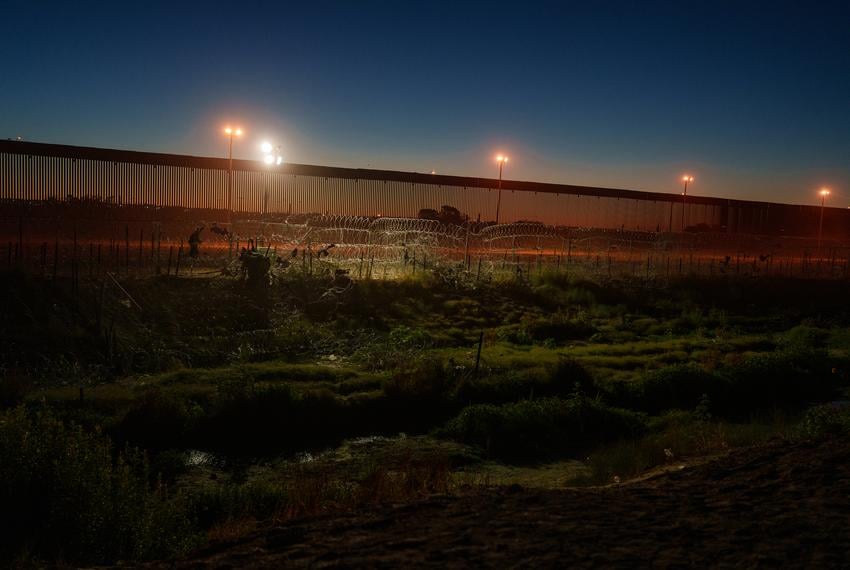Understanding New Mexico Military Border Charges: What You Need to Know

In recent months, the topic of new mexico military border charges has gained national attention. With the establishment of military zones along the U.S.-Mexico border, enforcement practices and legal consequences have shifted. This article breaks down what these charges mean, the context behind their emergence, and their impact on the broader border community.
What Are New Mexico Military Border Charges?
In early 2025, federal authorities designated a 60-foot-wide area along the New Mexico-Mexico border as a military zone. This move, part of broader efforts to bolster border security, allows the U.S. military to play a direct role in border enforcement. As a result, over two dozen migrants faced charges after allegedly crossing into this restricted military zone. According to The Texas Tribune, federal prosecutors have charged these individuals not only with illegal entry but also with violating security regulations—a misdemeanor associated with unauthorized entry into military-controlled territory.
These border charges are significant because they add an extra layer of legal risk for migrants and anyone found within the military zone without authorization.
The Legal Basis and Enforcement Challenges
The U.S. military is generally restricted from enforcing civilian laws under the Posse Comitatus Act. However, exceptions exist, allowing the military to secure its own facilities and designated zones. Legal experts note that the "military purpose doctrine" provides the basis for enforcement in these specific border areas. As explained in the Texas Tribune report, this tactic lets the administration use military assets for immigration enforcement without seeking explicit Congressional approval.
This escalation in military involvement has sparked concern among advocacy groups. Many argue that it risks criminalizing both migrants and humanitarian workers. With at least 176 migrant deaths documented in the El Paso sector in 2024 alone, as cited by federal data, the increased enforcement measures have drawn scrutiny from human rights organizations. These groups warn that such approaches could worsen humanitarian outcomes and complicate the delivery of aid to those in need.
Implications for Communities and Migrants
The new mexico military border charges reflect broader national debates about security versus humanitarian concerns. Local communities, especially in New Mexico and neighboring El Paso, have seen increased patrols, expanded use of barriers, and heightened legal risks for migrants seeking asylum. While proponents argue that military zones deter illegal activities and protect the border, critics highlight the potential for civil liberties violations and the impact on vulnerable populations.
Public officials and experts stress the importance of transparency and oversight. Ongoing debate surrounds the effectiveness— and ethics—of leveraging military resources for civilian immigration enforcement.
More on Recent Developments
For further insights into the second military zone established in the El Paso area and its enforcement dynamics, refer to this detailed article from The Texas Tribune. Continued reporting will be crucial to understanding how these military border charges evolve and impact the region over time.
Conclusion: Staying Informed and Engaged
The introduction of new mexico military border charges marks a significant development in U.S. border enforcement policy. As military zones become part of the border landscape, it is vital for residents, advocates, and policymakers to stay informed about legal changes, enforcement trends, and human rights considerations. By following credible news sources and engaging in public discourse, communities can better navigate the challenges and opportunities these policies present.